The 50-year war over political appointees in Downing Street
The clash between Boris Johnson and the head of the civil service is the latest outbreak in a long struggle at the heart of government, writes John Rentoul

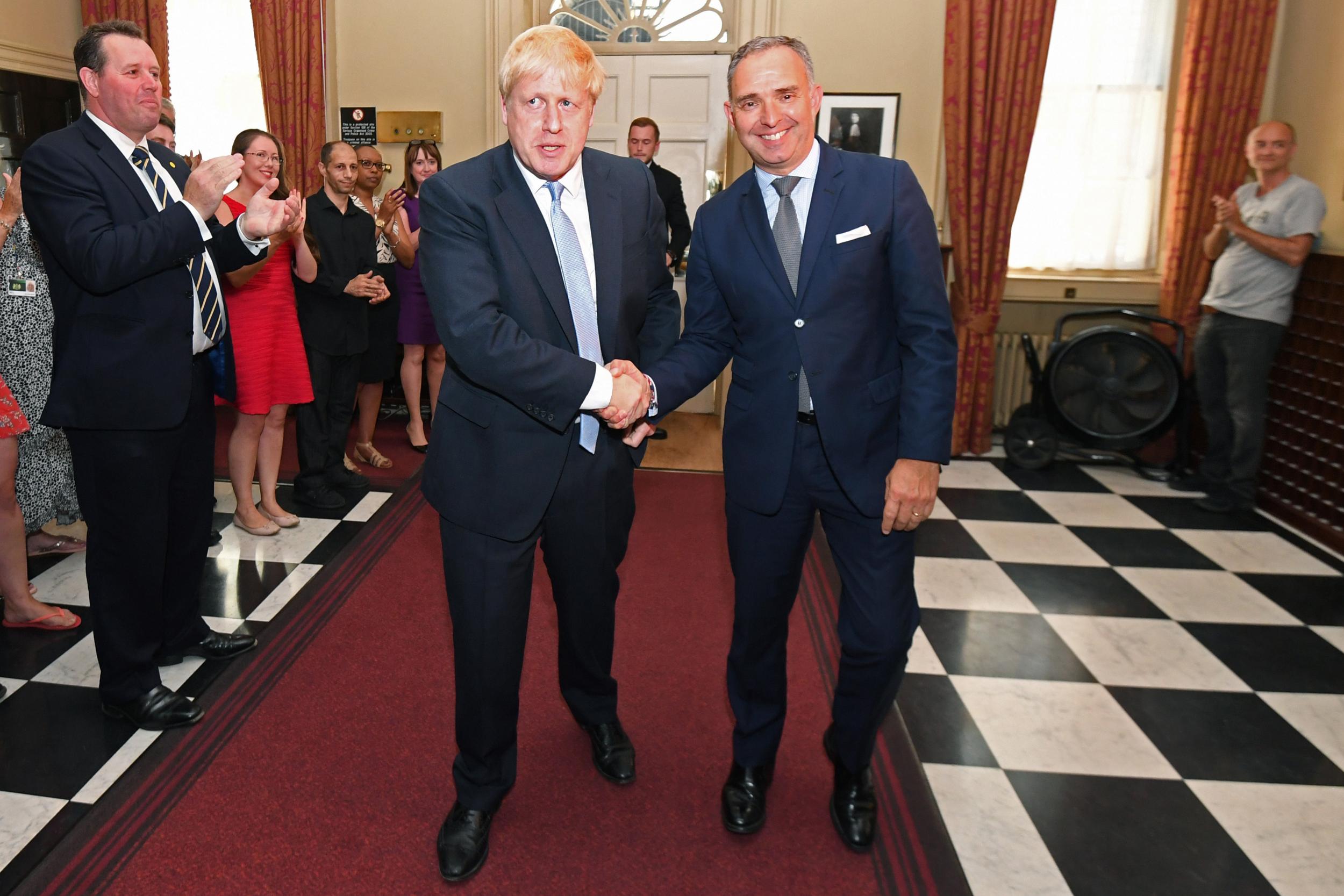
Dominic Cummings, Boris Johnson’s chief adviser, explained why he hadn’t bothered his boss with trivia such as where he was during lockdown: “The prime minister’s time is just about the most valuable commodity there is in the government.”
It was an unexpected insight into the inner workings of No 10. “You have to be very careful about what you go to him with and what you don’t,” Cummings said in answer to questions from journalists in the Downing Street garden about his trip to Durham at a time when the government for which he worked was telling people to stay at home.
In doing so he revealed that he has wrestled with the same problems that have always beset the prime minister’s closest advisers. How best to manage a prime minister’s time; how to control the flow of information to the decision-maker; how to act on the decisions that flow out again.
Cummings’s brief observation was offered during a long apologia in which he depicted himself as critical to the No 10 operation. He said that after he dashed home to see his sick wife, allowing himself to be filmed running out of the most famous front door in the world, he then returned to Downing Street that afternoon because “there were many critical things at work”, before fleeing to Durham that night. After two weeks’ isolation, he drove back to London (after checking his eyesight and whether “I could drive safely” on a round trip to Barnard Castle) and went back to work.
He clearly sees himself as the indispensable interface between the prime minister and the government machine. Nor is this a self-important delusion. Johnson’s refusal to sack him, which would have been the easy way of dealing with the wave of public outrage that damaged and will continue to damage both Johnson and his government, proved the high esteem in which Cummings is held by the one person who matters: Johnson himself. This prompted Stig Abell to ask the prime minister on Monday: “What about him can you not live without?”
Johnson evaded the question, saying, “I have many excellent advisers, and I’m delighted by the work that they do,” but the real answer is that he trusts Cummings and thinks he is good at getting what he wants done. If Johnson were writing about himself, he would probably say something like: “Dom’s job is to focus the great fizzing bath-bomb of energy and ideas and turn it into effective government.”
This illustrates one of the most important features of the inner circle around any prime minister: the need for a relationship of absolute trust. All the prime ministers I have reported on, since Margaret Thatcher, have depended on one or two people to fulfil the Cummings role: gatekeeper; spare brain; ideological soulmate; progress chaser. The role is so hard to define that it does not have a fixed name. Cummings is sometimes described as the prime minister’s chief of staff, but is usually just called his chief adviser. The title doesn’t matter: that he has the prime minister’s absolute confidence, and that he wields the prime minister’s power, is all that people need to know.
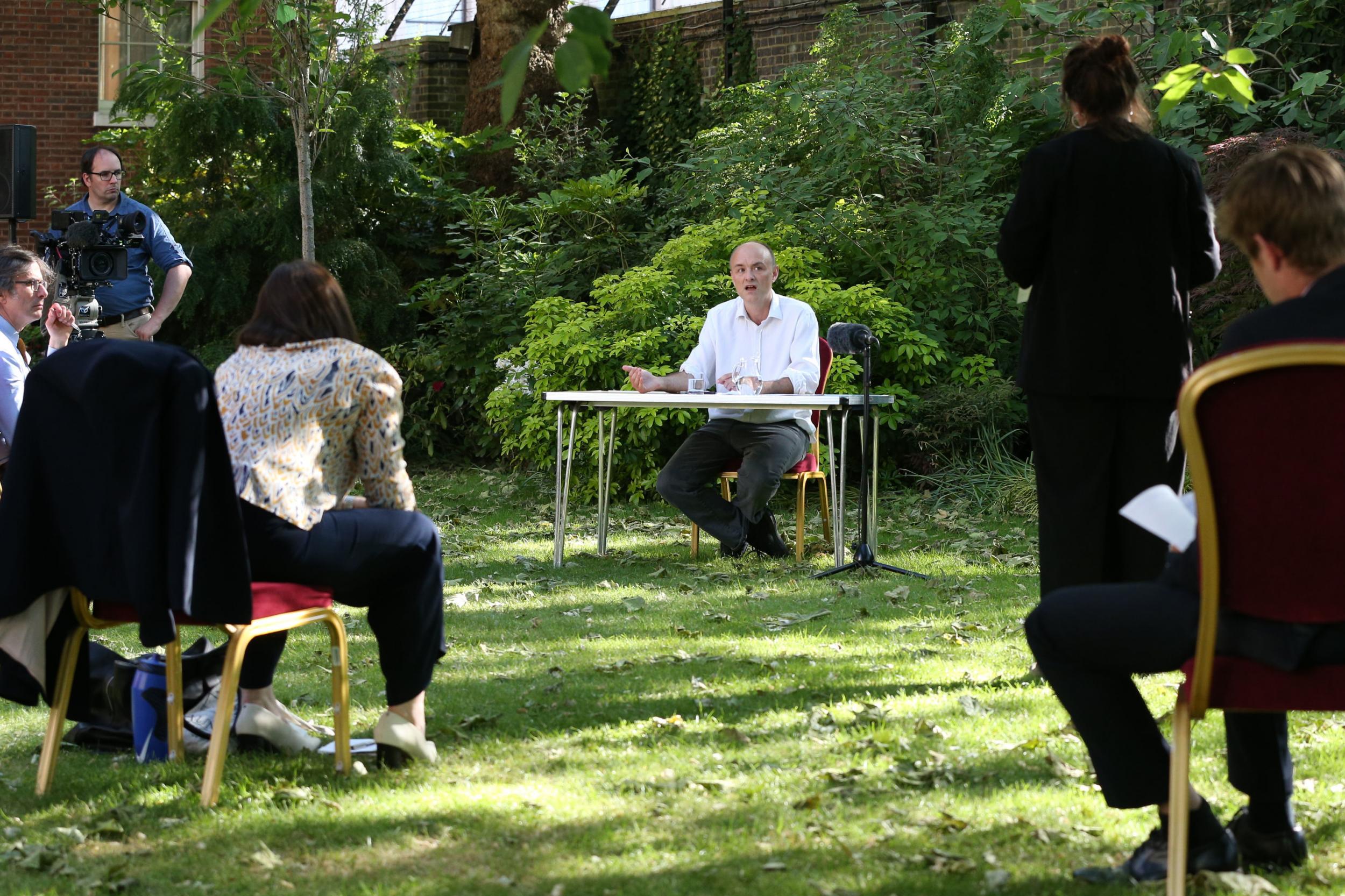
The permanent friction caused by this role comes from its failure to fit into the clean and abstract model of how the British constitution is supposed to work. In that model, ministers are assisted by civil servants, who filter the papers that go into their red box; sometimes ministers ask civil servants for more information, or for advice; then the minister makes a decision and the civil service goes away and implements it.
That is not and has never been how politics works. Before Bruce Grocott became a Labour MP he taught politics at what is now Birmingham City University. Then he became Tony Blair’s parliamentary private secretary, acting as a channel of communication between the prime minister and backbench Labour MPs, and sat in on many meetings in No 10. He said the first thing he learned is that politics in practice is “nothing like” the politics in theory that he taught.
The way the prime minister’s office works depends much more on personalities, relationships and small “p” office politics than on constitutional theory. It was almost a coincidence that Thatcher’s closest advisers were civil servants: Bernard Ingham, her press secretary, and Charles Powell, her foreign policy adviser. By the time she left office they had become so personally devoted to her that they were indistinguishable from political advisers – or “special advisers”, as Harold Wilson euphemistically named them when he regularised their status in the 1960s.
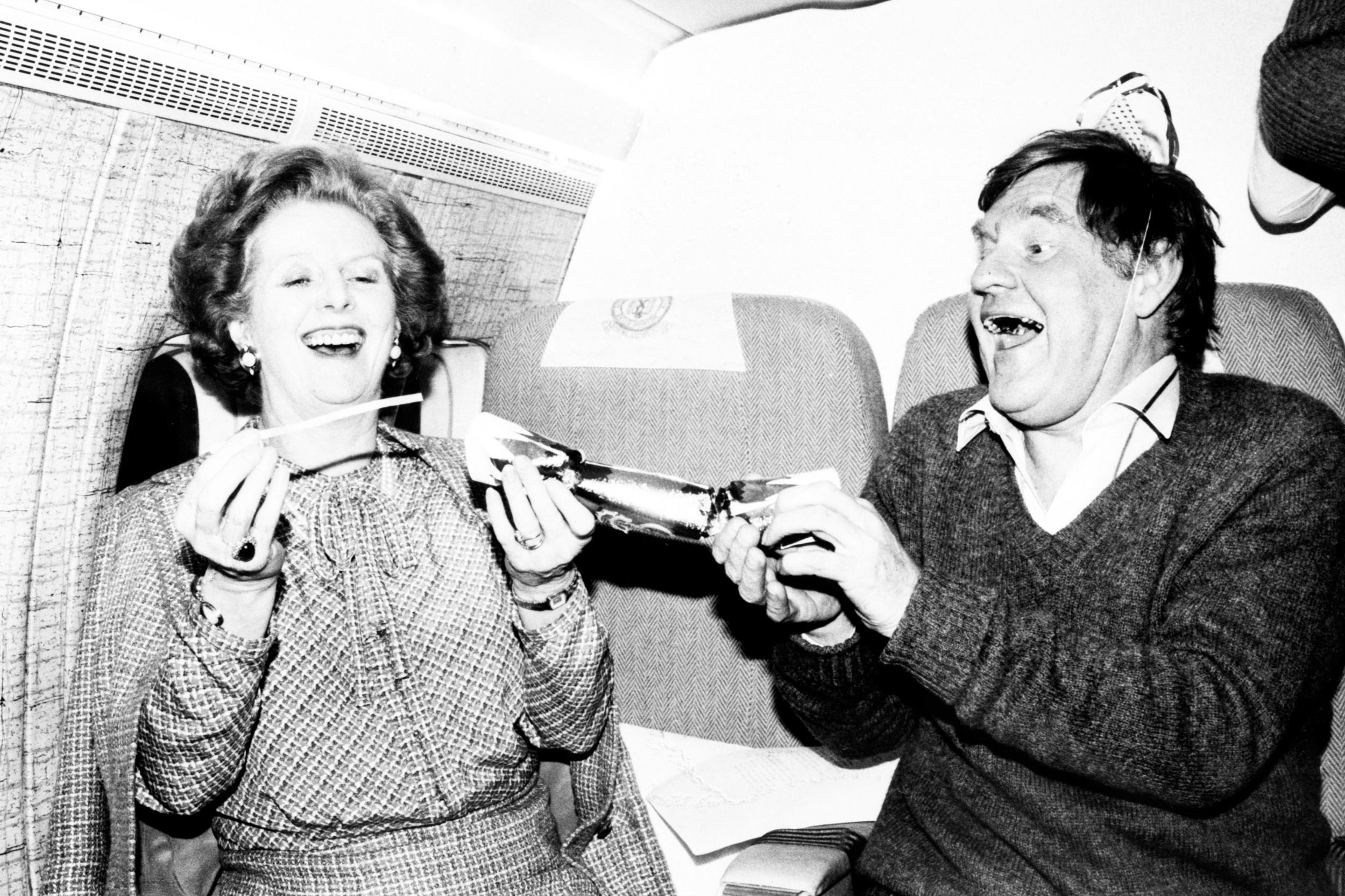
But Ingham and Powell were just as much a “kitchen cabinet” as Marcia Williams (later Lady Falkender) and Joe Haines had been for Wilson. The third and last volume of Charles Moore’s authorised biography of Thatcher recounts the most extraordinary bust-up between Thatcher and Sir Robert Armstrong, her cabinet secretary, over her dependence – outside civil service procedures – on Powell. According to Moore, Powell had long since abandoned the pretence of civil-service impartiality: “Powell’s own idea of his role was expressed in a letter which he wrote to Mrs Thatcher when he stopped working at 10 Downing Street four months after she had. ‘Dear Prime Minister,’ he wrote, never dropping the now out-of-date usage, ‘My last letter from No 10 could only be to you.’ He thanked her for ‘The incomparable years spent here with you. The inspiration of your leadership. The satisfaction of seeing this country made great once more’, and for her ‘inestimable kindness’ to Carla and to him. He said he felt ‘still-boiling rage’ at the way colleagues and party had treated her. ‘I’ve spent longer at No 10,’ he continued, ‘than anywhere else in my life – home, school or work – so can imagine what you must have felt on leaving. But although I shall miss it, in a way I am also glad to go. You can’t transfer loyalty.’”
The way the prime minister’s office works depends much more on personalities, relationships and small ‘p’ office politics than on constitutional theory
That tension between political advisers and civil servants has always pulsed through No 10. Sir Mark Sedwill’s abrupt departure after less than two years – the shortest tenure of a cabinet secretary since the post was created in the First World War – is only the latest in a long history of skirmishes.
The tension subsided somewhat during John Major’s time as prime minister: partly because he returned to some of the civil service formalities after the intense partisanship of the Thatcher years; partly because his own character and those of his advisers were less flamboyant (his political advisers, Judith Chaplin, Jonathan Hill and Sarah Hogg, were more like civil servants than ideologues); and partly because he was soon thrown into a hopeless civil war with his own party over Europe.
When Blair became prime minister, with a determination to avoid the drift and weakness that had beset his predecessor, the tensions flared again. What is now the Dominic Cummings role was taken, in one of the neatest symmetries of the recent history of No 10 personnel, by Jonathan Powell – Charles’s younger, anti-establishment brother.
There was a minor kerfuffle at the time, as Sir Robin Butler, the cabinet secretary (“Buttleshanks”, as Blair called him behind his back), objected to Powell usurping the civil service role of principal private secretary. The solution was to have them both: a civil servant running the prime minister’s private office alongside Powell, a political “chief of staff”, reviving a title that had been used under Thatcher when she tried to get political reinforcements into No 10.
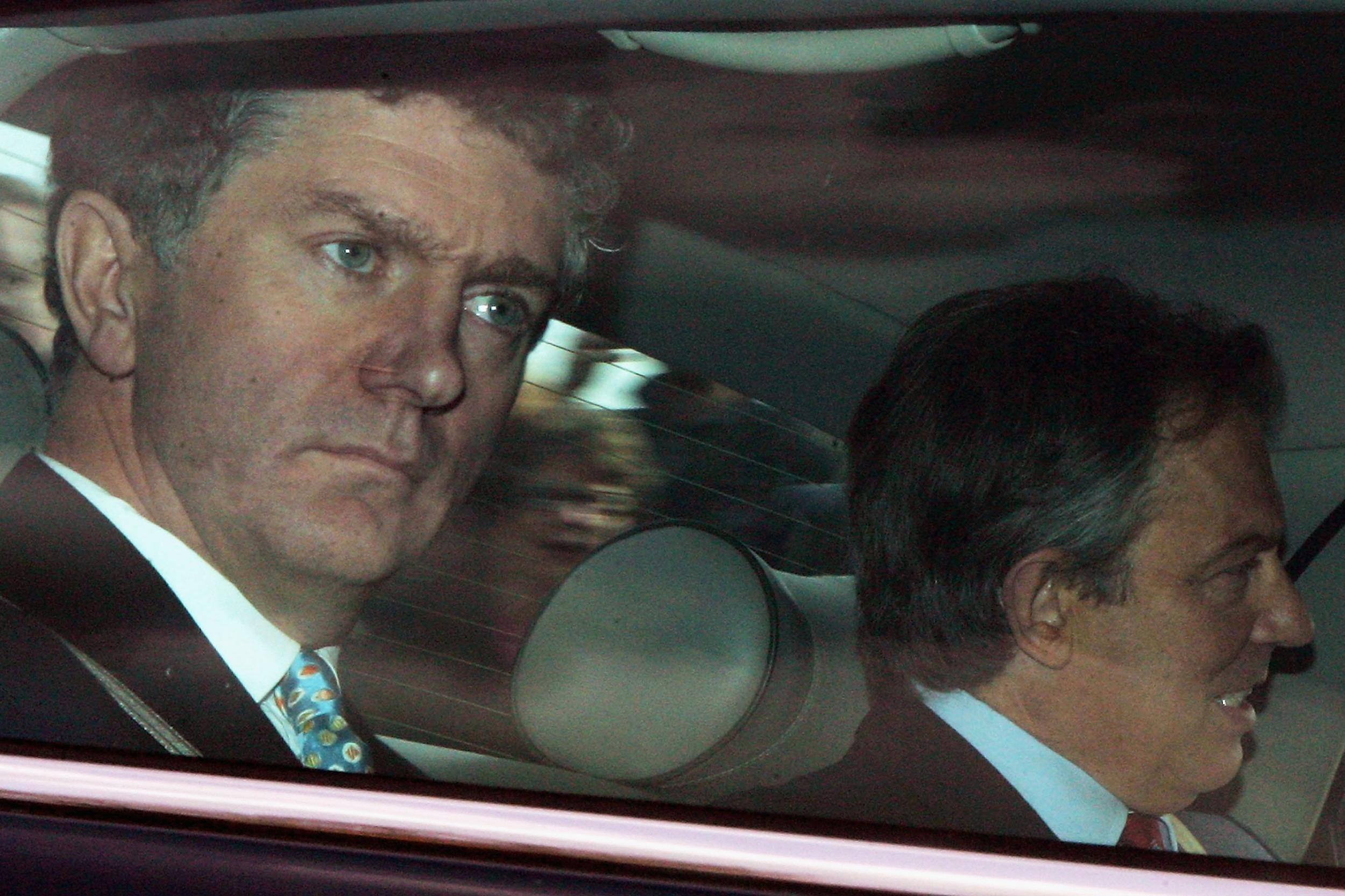
The arrangement worked well, with attention from journalists and the opposition focused on the more visible role of Alastair Campbell, a political adviser who was Blair’s press secretary and was described by William Hague, the Tory leader, as “the 24th member of the cabinet”.
The wheel came full circle this week, with Jonathan Powell complaining (in The Independent on Monday) about Sir Mark’s departure as cabinet secretary and the appointment of David Frost, a political adviser, as national security adviser, as a “rolling coup” against the civil service. The “corruption of the constitutional order” was exactly what some of the stuffier mandarin class called his appointment as a political adviser at the heart of No 10 in 1997.
At a Zoom meeting of special advisers on Tuesday, Cummings responded to Powell’s article, saying he had joined the “loony toons conspiracy group”. Stripping aside the overblown language on both sides, this is merely the latest engagement in the 50-year war between political advisers and the civil service at the heart of government.
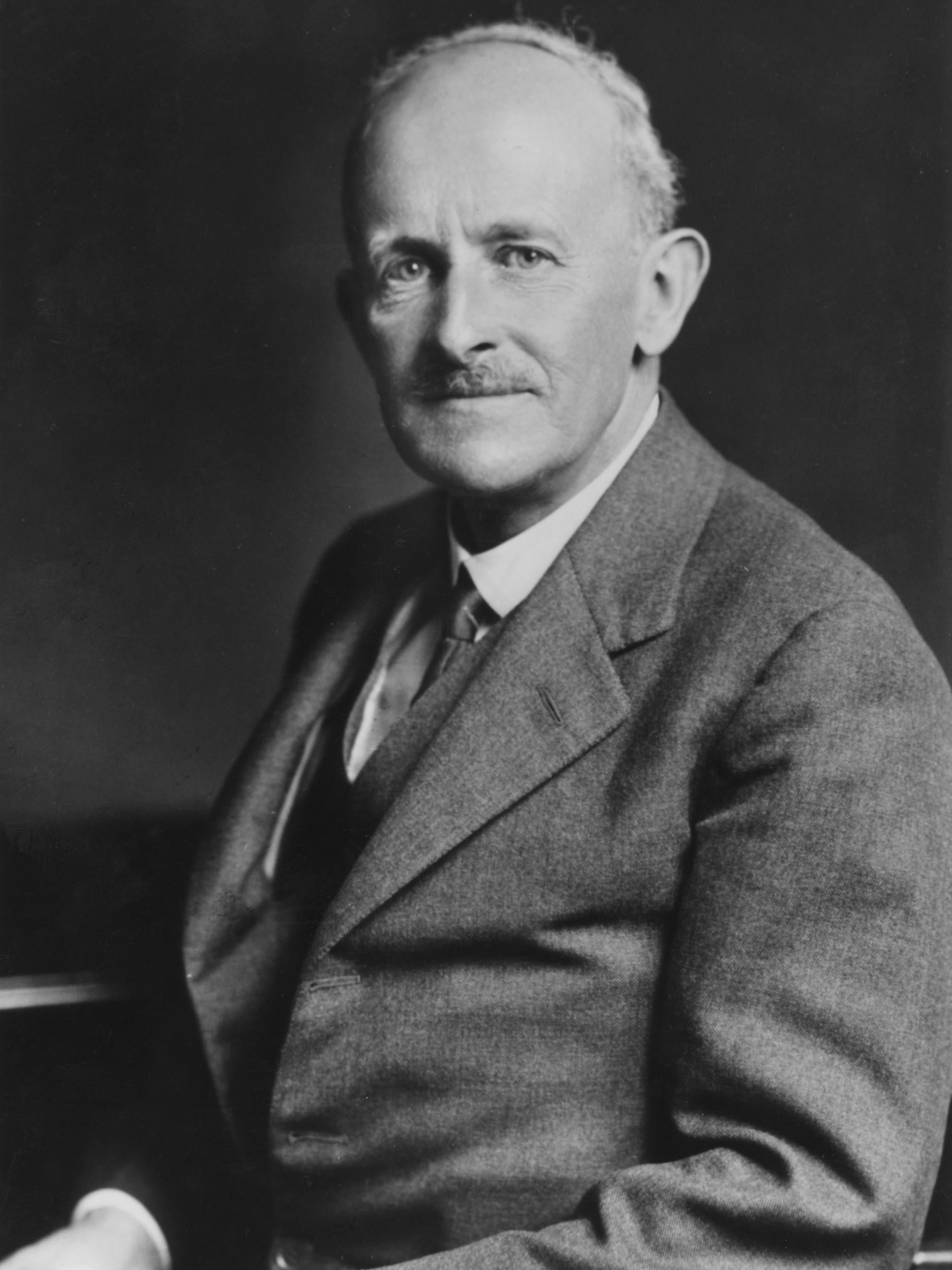
Cabinet secretaries used to stay in post for a long time, in their linchpin role as minute-taker to the cabinet, sitting at the prime minister’s right-hand side in cabinet meetings, and, since 1981, as head of the home civil service. The first, Maurice Hankey, lasted 22 years; his successors all lasted for at least eight years, until “Buttleshanks” retired, a year into Blair’s government, having done his 10-year stint. Blair then got through three cabinet secretaries as he tried restlessly to focus the role on the “delivery” of public service reform.
On and on the war raged, usually at a fairly low, guerrilla level. Gordon Brown replaced Powell with a civil servant, Tom Scholar (now permanent secretary at the Treasury), and then Jeremy Heywood (who later became cabinet secretary), with a turbulent nine-month interlude in which the “chief of staff” title was held by Stephen Carter, a political adviser who never enjoyed Brown’s full confidence. Brown tried to unite his inner team by having them all work in a “war room” in 12 Downing Street, but his way of working, using email and taking private advice from Ed Balls, by now secretary of state for children, schools and families, militated against any kind of order, whether imposed by civil service procedure or by a political structure.
The coalition government saw a reassertion of civil service power, as it became essential to have impartial officials to facilitate joint working between the parties. But the political side was still important, as Nick Clegg, the Liberal Democrat leader and deputy prime minister, belatedly realised. In opposition, Clegg had criticised Labour for hiring political advisers on the public payroll. But in 2013 he doubled the number of Lib Dem special advisers, so that he had 20 working for him and another 18 for other Lib Dem ministers, as he recognised he was being outgunned by an intensely political Tory operation.
Theresa May had two phases as prime minister. Her first 11 months, in which Fiona Hill and Nick Timothy, political advisers who were joint chiefs of staff, exerted an iron grip over No 10; and her final two years in which she was too politically weak to do much more than simply survive.
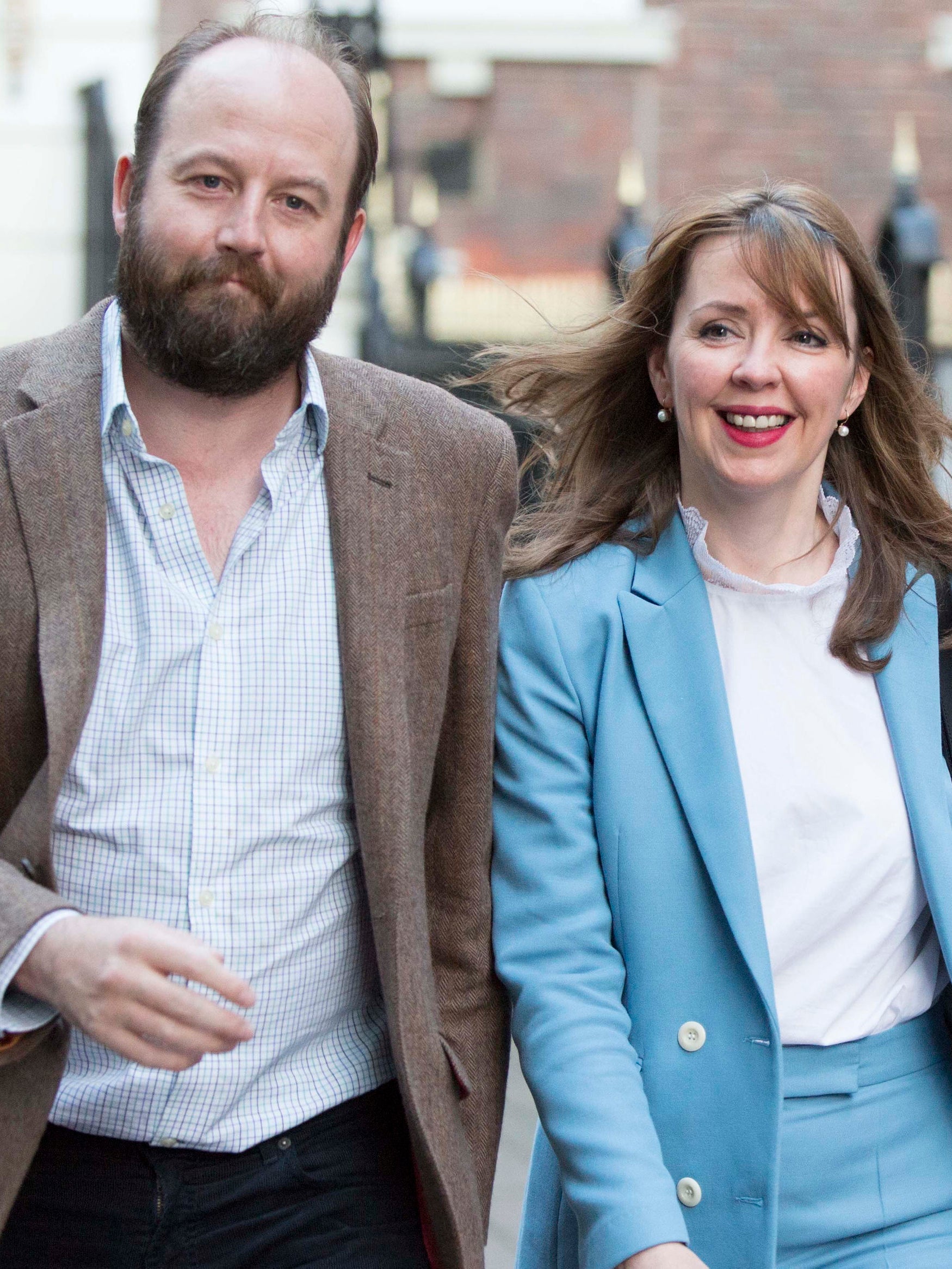
Which brings us to Boris Johnson, who has been in office only for as long as May was before she lost her parliamentary majority. In that time he spent five months struggling against a “Remainer” parliament in which he had no majority; then was granted two months’ respite before being hit by the coronavirus emergency. It is no surprise that, in that time, a clear pattern for how he runs No 10 has still not emerged. Even the microgeography of the heart of government has been disrupted by the virus. Several key people in the inner circle suffered from the disease itself; many meetings, including cabinet meetings, have to be held by video; and the prime minister himself was absent from No 10 during a critical phase.
The best description I have seen of how the Johnson No 10 works is by Paul Goodman, the Tory former MP who edits the Conservative Home website. He detects two contradictory impulses. “The first is a way of doing business that his friends call relaxed and his enemies lazy. He has a journalist’s grasp of the way in which the caravan of events can move on even while the dogs are still barking...
“His second instinct, by contrast, is intense: a long memory for those who have crossed him, and a feral nose for threats to his own position. He once said that his favourite film scene is ‘the multiple retribution killings at the end of The Godfather’ – words that may not have been spoken, as so often, in jest.”
That second instinct requires a strong political cadre about him: hence the importation by Cummings of a tightly knit group of people who forged bonds of trust with each other and with Johnson in the Vote Leave campaign. But layered on top of the streetfighting survival instinct of the Johnson faction are Cummings’s long-held views about the weaknesses of the British civil service.
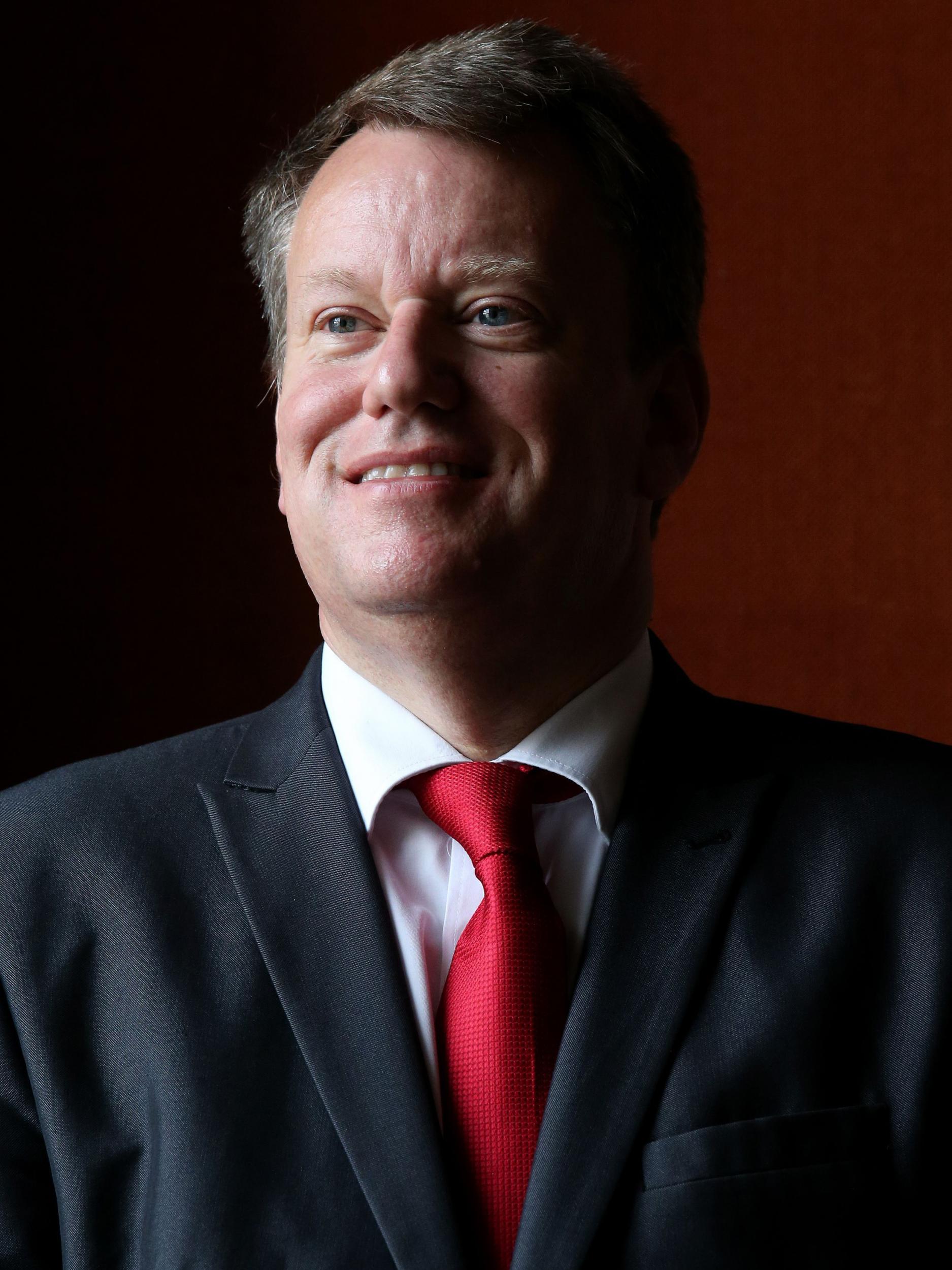
There was an echo of that critique in Johnson’s “build, build, build” speech in Dudley when he compared the “sluggish” response of “parts of government” to a “recurring bad dream when you are telling your feet to run, and your feet won’t move”. Prime ministers who are impatient for change tend to say similar things. Thatcher felt the civil service was too left-wing in its sympathies, and that its fundamental problem was pessimism and inertia. Blair vented his frustration early in his government when he said “I bear the scars on my back” from trying to get the civil service to deliver reform.
No wonder Johnson is imitating Blair in his restless search for the right people and the right structures to deliver what he wants. This is not necessarily a matter of civil servants versus political advisers, although that comes into it. Cummings told this week’s Zoom meeting of special advisers that it was “dumb” and “totally and utterly stupid” to think the prime minister wanted someone who voted Leave as the next cabinet secretary. “He said that they want someone who can get things done,” reported Stephen Swinford of The Times.
At the previous week’s special advisers meeting, Cummings tried to explain that he was trying neither to centralise power in No 10 nor to politicise the centre of government: “The goal is to make the centre smaller, empower departments and change civil service fundamentals to improve performance. Anybody who has read what I’ve said about management over the years will know it’s ludicrous to suggest the solution to Whitehall’s problems is a bigger centre and more centralisation – it’s already far too big, incoherent and adds to the problems with departments. Big changes are coming to how No 10 and the Cabinet Office work – a smaller, more focused and more elite centre is needed.”
It sounds good, although it is what machinery-of-government wonks often say. The “radical changes” that Cummings has promised have already begun. The cabinet secretary role that will be taken by Sir Mark’s successor will be rather different from what has gone before. The national security part of the job will go to David Frost, a political adviser, while much of domestic policy delivery will fall to Simon Case, an experienced No 10 civil servant who was drafted back to the centre at permanent secretary level to handle the twin crises of coronavirus and the economy. That leaves the new cabinet secretary with the title of head of the home civil service, which is basically a big human resources job.
What is striking about the Cummings revolution, however, is how familiar it all is. Far from his aim of a radical overhaul of the Whitehall machine, populating it with “weirdos and misfits” who think differently from everyone else and are good with maths, all he has achieved so far is to refight the same old battles with a different tribe of special advisers. The crowning achievement of the radical changes so far seems to have been to move Frost from the EU trade deal talks, before they have even really started, to take over part of the cabinet secretary’s job.
In the end, the way No 10 is run reflects a prime minister’s preferred way of working. Most of them work hard and Thatcher, Blair and Cameron in particular prided themselves on being able to take decisions, although even Thatcher had her moments of uncertainty and Powell once called Blair a “flibbertigibbet”. Brown and May tended to be chronically indecisive, although on the big economic judgements Brown came into his own.
Johnson is said to work less hard, and is less likely to read his brief thoroughly, but people who have worked with him say he is energetic, constantly issuing orders, asking questions and demanding results, and that he has a good instinctive feel for decisions. He also has a reputation from his time as mayor of London for surrounding himself with capable people.
It will be the quality of his decisions, and the quality of the people around him, whether politicians, civil servants or advisers, that will decide Boris Johnson’s place in history – not the job titles and procedures in No 10.
Join our commenting forum
Join thought-provoking conversations, follow other Independent readers and see their replies
Comments
Bookmark popover
Removed from bookmarks